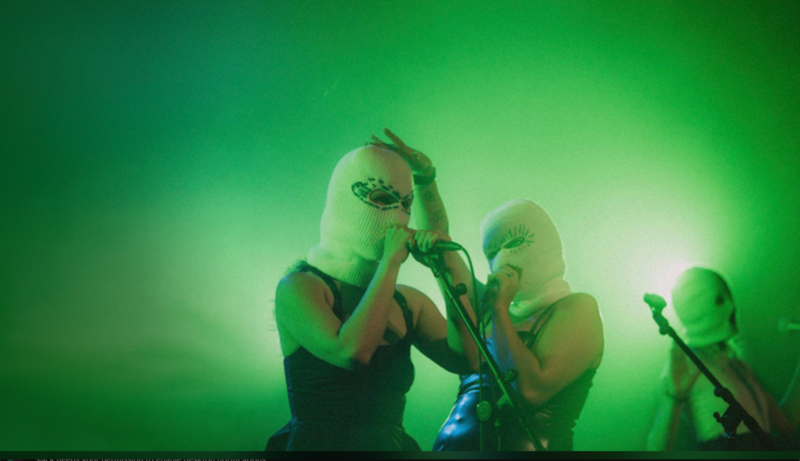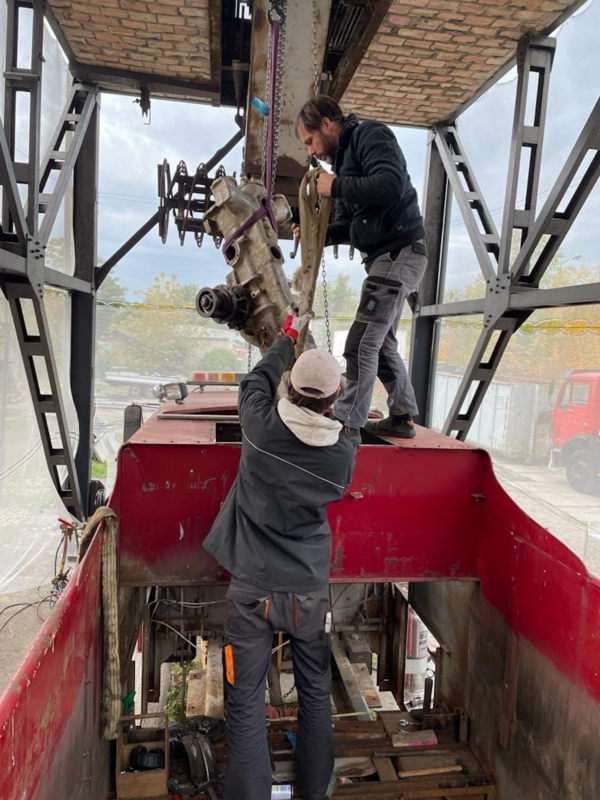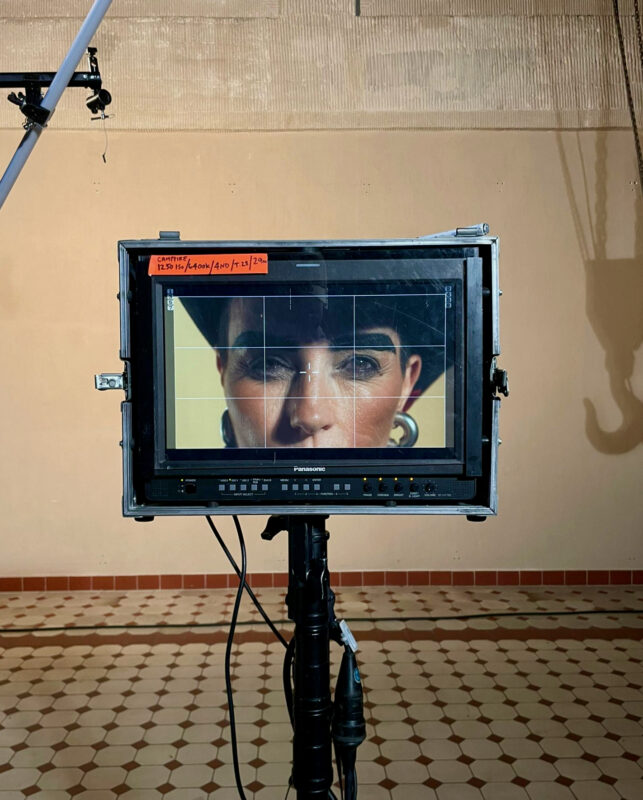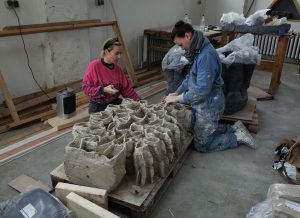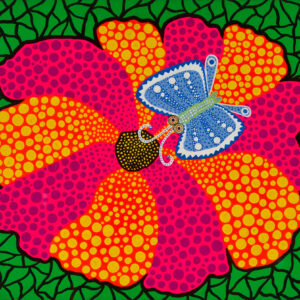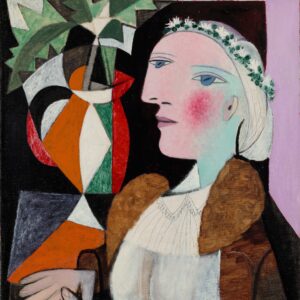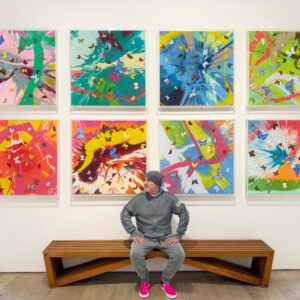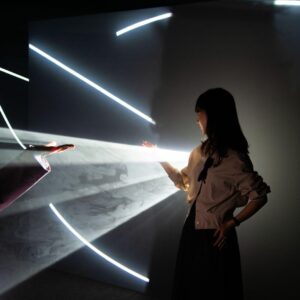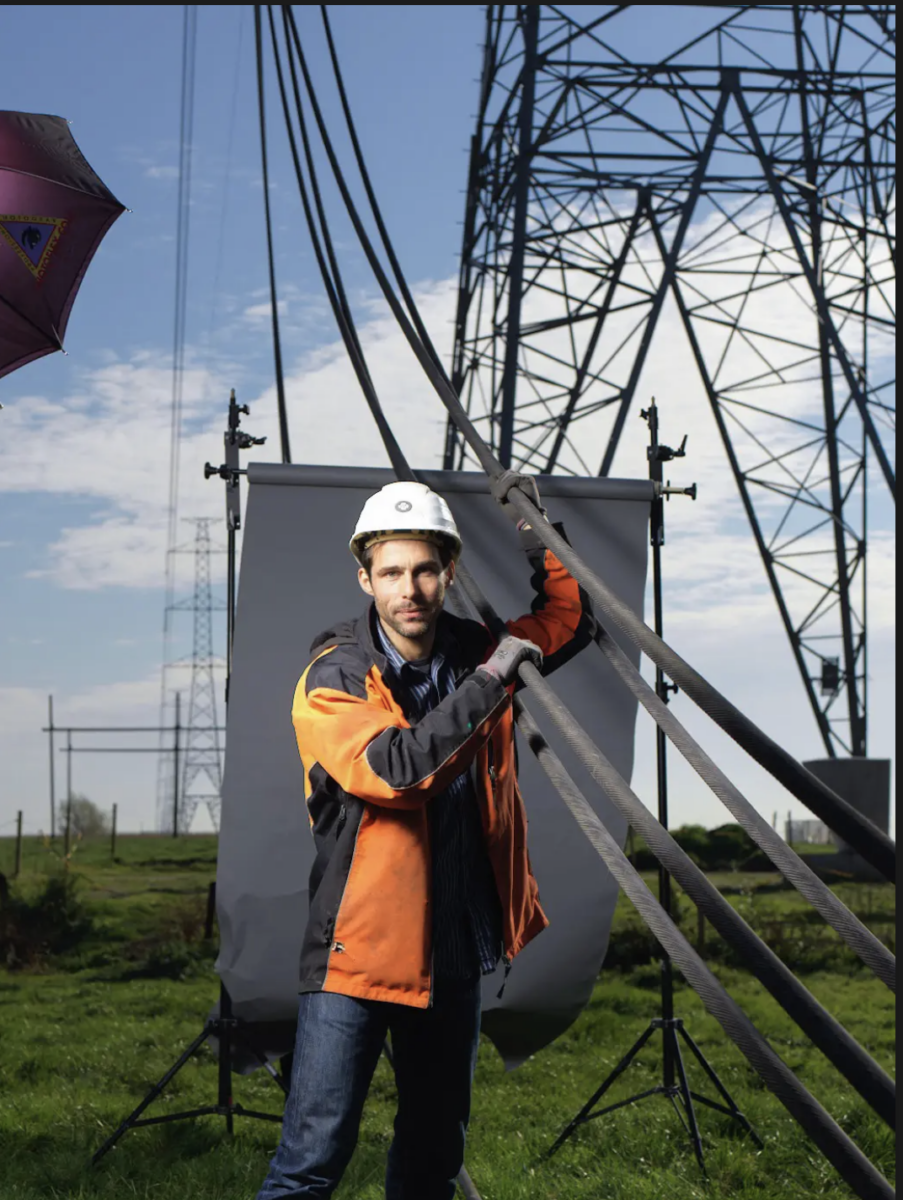
In early 2025, a much loved and respected sculpture by Pablo Wendel in an iconic cultural destination in South West Germany is set to be removed as the area further develops its cultural regeneration project. The 56m high sculpture, PYLONIA, is built from a transformed Pylon and is publicly regarded as a new landmark in Stuttgart’s cityscape and stands for a new dimension of progressive art creation and artistic skill in the context of its perception in the social space. The sculpture also demonstrates the enormous potential of artistic practice at the interface between architecture and urban development.
“Despite the art works’ inclusion in the architectural rendering of the opera’s interim venue, the sculpture was not integrated into the urban planning. This illustrates a fundamental problem: although art and culture are often used as catalysts for development, they then have to make way for further construction and are not fully integrated into urban development. This is a problem nationwide which we need to resolve.”
– Pablo Wendel (2025)
The large-scale sculpture was installed in 2016 on the site of Stuttgart’s Wagenhallen, where railroad workers and their families once lived and by the the 00s was a site of artistic intervention and activity. It is a globally unique success story that shows how art and city administration can work together to bring about change. This interaction, including through the work of Wendel, and other artists in the city, has not only helped to preserve the Wagenhallen site, but also to shape a strong self-confidence for art and culture as an instrument of urban development in public discourse in Stuttgart, in Germany and beyond.
Wendel said,
“It is a globally unique success story that shows how art and city administration can work together to bring about change, which includes, rather than removes artists. But now PYLONIA, which stands as a lighthouse for cultural change, will be removed, rather than preserved”
About
In 2012, Pablo Wendel founded the art company Performance Electrics gGmbH as a legal electricity provider for the production and distribution of electricity and has since brought major projects to life, from PYLONIA, to SUPER DUTY, a 1950s US-made truck remade into a mobile power station, and E-WERK Luckenwalde, transforming and engineering a former DDR brown coal powered station in Brandenburg using Kunststrom, regenerative ‘art power’. The project in Luckenwalde is also an example of cultural regeneration, through the reanimating of the neighbouring Stadtbad Luckenwalde, which has seen a cultural renaissance through the work at E-WERK and will also be regenerated from 2025 to host major moments and local grassroots events in the city’s cultural programme.
E-WERK Luckenwalde is a not-for-profit regenerative power station, contemporary art centre and Kunststrom research laboratory, in Brandenburg, 30 minutes south of Berlin which was founded in 2019. EW was established to pioneer alternative economic and ecological models for the cultural sector – an experimental prototype for a ecosystemic institution. EW is located in a former coal power station built in 1913, which has been reactivated as a regenerative Kunststrom power station by artist Pablo Wendel. 100% Kunststrom heat and electricity is generated through a solar and wood-gas pyrolysis process. Waste, locally sourced spruce-pine wood-chips are transported via the 1913 original conveyor belt to the wood-gas generator where they are converted into heat and electricity to power the contemporary art programme, and national grid. This power is then distributed to EW’s Kunststrom clients throughout Germany, who have switched their energy supplier to Kunststrom, which in turn part-finances the contemporary art programme at EW. The contemporary art and cultural programme canvasses a diverse range of exhibition-making; from new architectural commissions, international artist in residency programmes, gallery exhibitions, educational workshops, electronic music and performance art festivals and interdisciplinary research projects.
Kunststrom was founded by Wendel in 2012 as a not-for-profit CO2 neutral energy provider on the German national grid which generates energy from art installations. Kunststrom produces an average of 900,000 KW/h a year, using renewable energy technologies such as solar, wind and wood gas. Currently, Kunststrom supplies energy to cultural institutions, businesses and private households. By switching your energy provider, you will simultaneously support the development of renewable electricity and contemporary art through your utility bill. As a not-for-profit energy provider, all income is redirected into the Kunststrom production and the contemporary art programme at E-WERK Luckenwalde. The switch process is simple; visit the calculator, add your details, then begin the switch process. kunststrom.com
